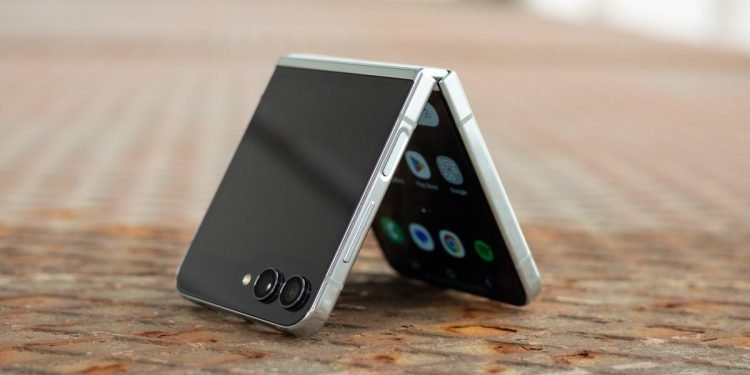Samsung is currently exploring a potential shift in its manufacturing approach for foldable phones, contemplating the adoption of inkjet printing for bezel production. This change is not only expected to streamline the production process but, more crucially, reduce associated costs. The current method, known as ‘micro dry process decoration’ (MDD), may be replaced by inkjet printing, presenting an opportunity for Samsung to enhance the cost-effectiveness of producing its foldable OLED panels.
The primary driver behind this prospective shift lies in the aim to make Samsung’s foldable phones more affordable for consumers. Devices like the Samsung Galaxy Z Fold 5 and the Samsung Galaxy Z Flip 5 are renowned for their premium pricing. While the specific financial impact of inkjet printing is not explicitly detailed, the overarching idea is that potential cost savings could be translated into reduced prices for consumers, potentially broadening the market reach of these high-end smartphones.
In the context of logistics, the potential reduction in the prices of foldable phones introduces an interesting dynamic. A drop in the retail price of these smartphones could stimulate increased consumer demand, prompting adjustments across the supply chain. Logistics providers may need to adapt their strategies in response to shifts in inventory management, altered distribution patterns, and changes in order fulfillment processes influenced by evolving consumer preferences driven by more competitive pricing.
If Samsung’s initiative proves successful and prompts broader adoption of cost-effective manufacturing processes within the smartphone industry, the implications for logistics could extend beyond a single company. The industry as a whole might undergo transformative changes, with manufacturers embracing similar methods to enhance cost efficiency. This could reshape logistics strategies, alter consumer behaviors, and influence the dynamics of smartphone supply chains on a broader scale.
In essence, Samsung’s contemplation of adopting inkjet printing for foldable phone production, with a focus on cost-effectiveness, introduces a multifaceted consideration for logistics. It not only influences the immediate supply chain for Samsung’s devices but carries the potential to trigger industry-wide changes, impacting how smartphones move through the broader logistics landscape in response to shifting market dynamics and consumer demands.























